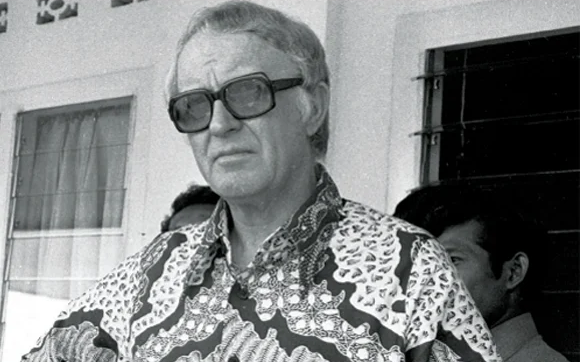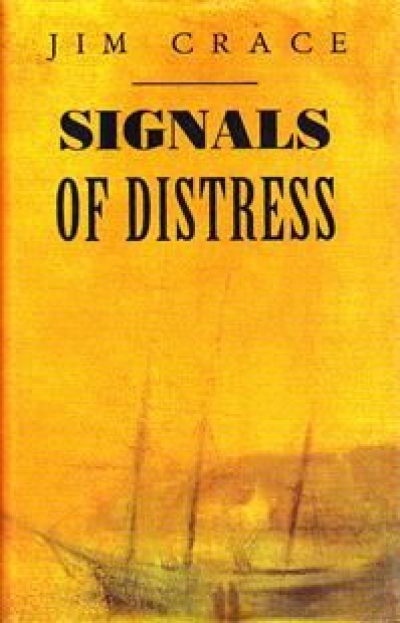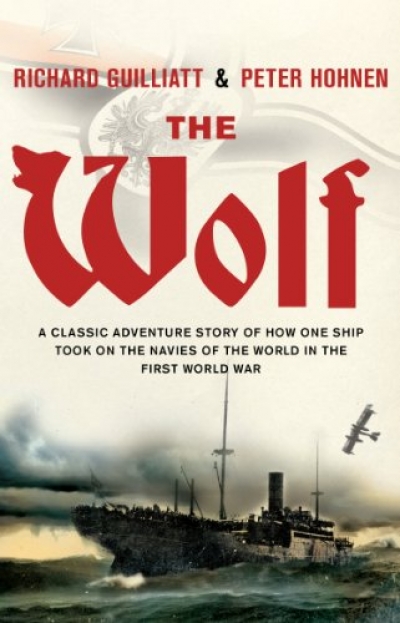Fiction
The Gorgon Flower by John Richards
In Joseph Conrad’s Heart of Darkness (1899), the sailor Charles Marlow recalls captaining a river steamer in the Belgian Congo, a venture that becomes a search for the colonial agent Kurtz, said to be a brilliant if infamous ivory trader, who is ill and possibly mad. Marlow’s journey, of course, becomes a passage into psychological as well as (to the European mind) geographical darkness, and offers a damning portrait of Western imperialism.










-FEAT.png)



















